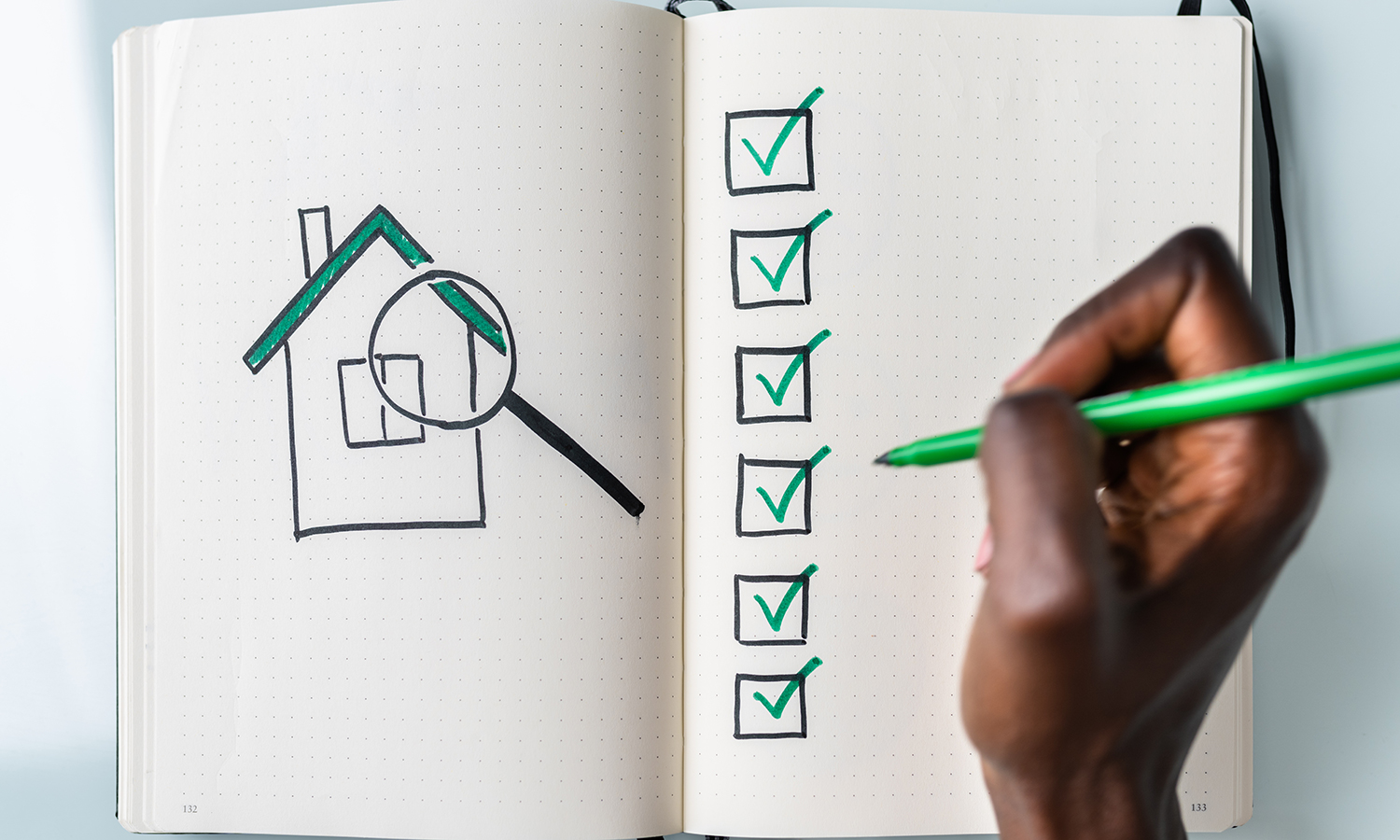Organizing Your Search for a Home
According to realtor.com, homebuyers on average will visit 10 homes over 10 weeks before they make an offer on a property. The amount of time and information generated from a home search can make your head spin. Because so much rides on this decision, with homebuyers putting themselves on the line potentially for 30 years of mortgage payments, there has to be a process to follow.
Keep it simple. Take notes, and stay organized.

Do the math!
You’re spinning your wheels if you go looking for homes without knowing exactly — or close to — how much you can afford. Set a monthly budget. Get preapproved for a loan so you’re on the same page as your lender. You also must think about an amount for a down payment and a ballpark figure to cover closing costs (roughly between 1 and 5 percent of the final purchase price). Write it down — put it at the top of your list. This should be step one.
Folders
Whether you stash all your information into computer folders, or if you buy old-fashion manila folders and tuck away your notes there, make this a mandatory step for your home search. At the front of your folder, make a list of the things you want your house to include. An agent can go to the Multiple Listing Service (MLS) and produce individual printouts of properties that come close to matching your desires.
Take a selfie
Well, not exactly selfies, but do keep your smartphone or device handy for quick photos when you’re on the property and inside the house. There usually is a lot to see, so label the images. Include the property address and exactly what it is that you’re snapping a picture of (example: 123 Anywhere Lane, master bed, faulty ceiling fan). If you’re touring up to 10 properties and you snap five photos per property, it might become difficult to remember the details of each of the resulting 50 images.
Let your agent drive
Once you hire an agent, it’s a good idea to hop a ride with that person as you’re out looking for homes. This is good in two respects: You can take notes on the drive between each home, and you can bounce ideas off the realtor after you’ve toured a house. Keep writing.
Scribble
Sharpen your pencil and go through the process to make an offer on the house you like. Also, make a backup plan while your offer is being considered by the seller; your offer might not be accepted. When it comes time to make an offer, go through your folder of things you don’t like about the house. Weigh them against the features you do like. Speak with your real-estate agent about this. Your realtor can be helpful as you finalize your offer.
Inspection, and a new list
Your offer should be contingent on the findings of a home inspection. This process comes after the buyer and seller have agreed on a sales price. It is a normal part of the process to renegotiate if the inspection finds issues that need to be fixed. Give the inspector a heads up: go through your folder and show the inspector the issues you believe need to be addressed. Make sure the inspector is comfortable with you being there during the inspection. This process will give you a new list, an inspector’s report, to use if you want to adjust your offer.
Set your appointments
The final step on your list is closing. This includes finalizing a mortgage (and a down payment) and agreeing to (and paying for) everything that the buyer is responsible for on the closing documents. At this point, lists will be provided to you by the lender and the title company, but your organization process continues by scheduling time to spend with the lender and the title official.
Staying organized can keep you on top of a process that can change many times. Offers for homes don’t always go through, and you may have to go to Plan B, or C. It may take a few extra moments to keep notes, but it can save you plenty of minutes over time.
Here’s one printable template from Orchard that could be helpful for staying organized.


.jpg?sfvrsn=23ceb5a8_1)

